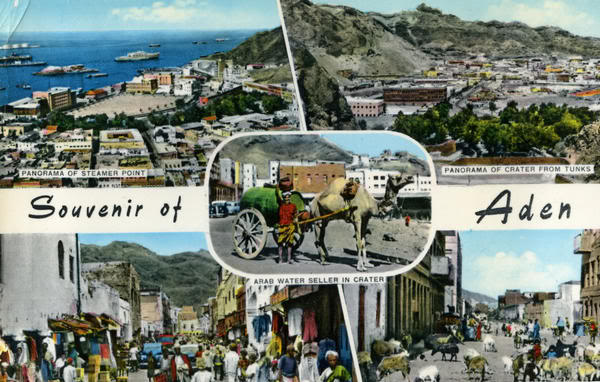We’ve been here before. We’ve had Stalin on one side and Hitler on the other. Which one do we side with? In the event we went with Stalin but that didn’t work out as well as we’d hoped, we’d chosen one butcher over another.
We have the same dilemma again. We have Assad on one side and al Qaeda on the other. Which one do we side with?
True, it’s not just al Qaeda, there are other rebel forces too, some backed by the Saudis and some backed by the Iranians. But we must understand that if Assad loses, al Qaeda will ultimately win. They will simply crush any other rebel organisations as they are doing right now in Libya for example. It’s what they’re good at. They will participate in the civil war and then turn their weapons on the other rebels and hijack the resulting victory.
In the meantime a cultured and civilised people of innocent men women and children, are being mercilessly slaughtered.
Along with the inevitability of al Qaeda coming out on top, we need to accept that if we put one foot into this quagmire we will be there for a generation to come. Thousands of our men and women will lose their lives in military operations, and billions of pounds will be expended. Blood and Treasure the Americans call it. Are we willing to pay that price? Are we even able to afford it? We have made and we continue to make deep cuts in our armed forces. If we depose Assad we will need to stay there to enforce the peace. We had to do that in Iraq and in Afghanistan, and pretty soon we’ll have to decide whether to let Libya go or step in, and whether to support the Egyptian military or let Egypt go.
It won’t work to arm the rebels. It’s what we did in Afghanistan and it’s what got al Qaeda started.
There is another problem for us. Having expended all that blood and treasure in Iraq and Afghanistan, and then shamelessly abandoned the returning soldiers, including the wounded, we have all but destroyed the fighting spirit of our armed forces. We are going to find it very difficult to recruit again enough young men and women of the calibre we need and send them into combat. They won’t be that stupid. They won’t be that well equipped, either. As operations over Libya showed us, we seriously lack ability to project our forces and indispensable aircraft carriers have been dispensed with in the interests of sort-term expediency. No lessons have been learned and moronic command-level decisions have been made that cannot quickly be undone.
So we stand impotently at the sidelines watching the slaughter.
The solution may be to support intervention from moderate Arab states. We can supply equipment and technical support where needed, that would be useful. But the problem is that most of the moderate Arab states are pariahs with the left-leaning intelligentsia. We would be giving them legitimacy and obligating ourselves to them for saving us from having to intervene ourselves. Bang goes any hope of democratic reforms, they can suppress any dissent in their own countries and we won’t dare to complain.
My solution would be nevertheless to support Arab intervention. Wholeheartedly. No half measures. We should show leadership in this crisis and put together a coalition of mostly Arab troops. As we did to liberate Kuwait but with very few front-line troops of our own on this occasion. It should be a mostly Arab force. We and the Americans can provide a unified command structure, perhaps with a Saudi general in overall command. We can provide technical and communication facilities and offer Cyprus as a base. The Americans can additionally provide carrier-borne air cover.
And then we must learn the lessons of our own mistakes. We must start to rebuild our armed forces on a basis of trust. Those who enlist will be given the support they deserve, especially if they are wounded. They must never again be allowed to sleep on the streets or to be denied disability allowances by a rigid and unsympathetic system. They must be given the weapons they need, the vehicles, the helicopters and the ships.
Because the day will come, sooner than we think, when the violence will spill over into our own lands and we will have nobody to call on.

